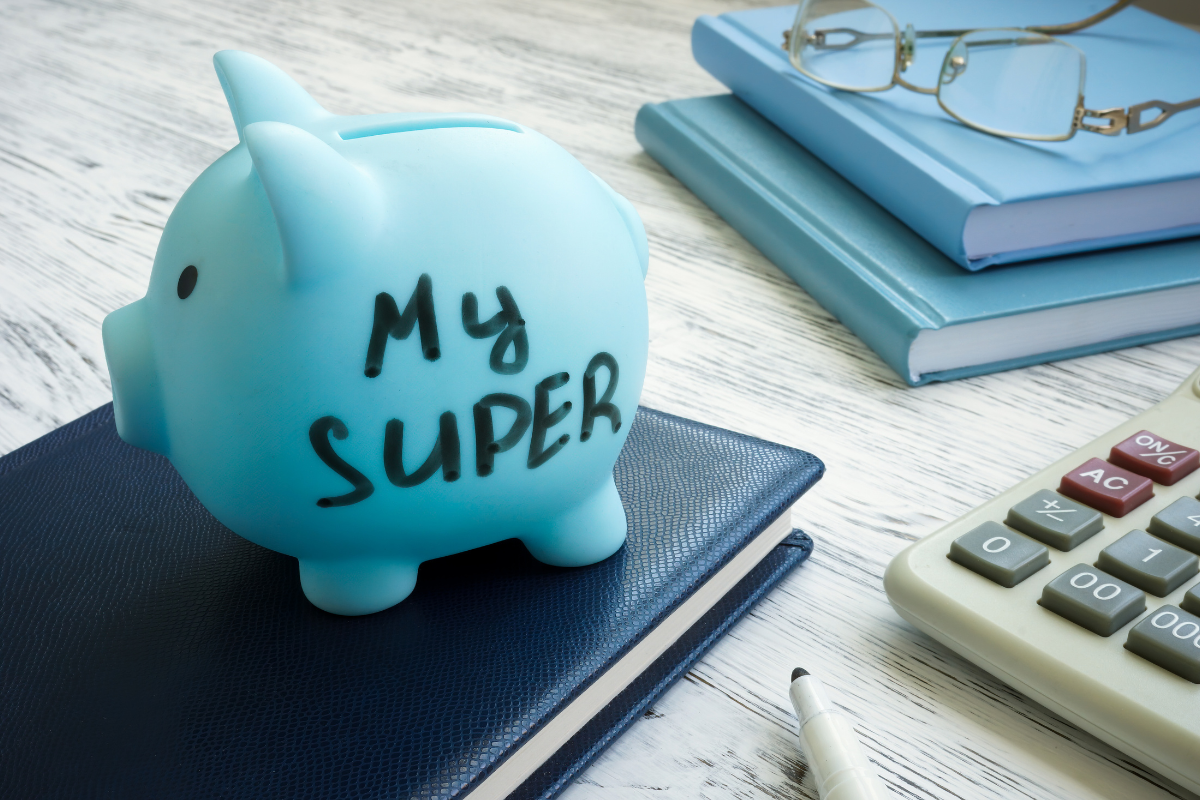How much do I need to start investing?
While investing into traditional property might require a significant deposit, and a commitment to a long investment horizon, investing in shares, ETFs, managed accounts or managed funds can be accessed with a much smaller outlay along with the benefit of shorter term access to the value of your investment should the need arise.
It’s all about knowing where to start, which is quite often the hardest step. But we all have the potential to be successful investors – all it takes to get started is being armed with the right knowledge.
Taking the first steps
While some prefer to take the first few steps alone, others seek professional advice before investing. Either way, it’s important to select an investment type after you have done your research, determined your personal goals, and weighed up how you feel about risk.
Considerations such as your investment timeframe, current market conditions, expectations of future market conditions, and your tolerance to capital loss, and volatility (both positive and negative movement in returns) all need to be taken into account when choosing the right type of investment. This step alone is critical in assessing your propensity to take certain levels of risk to achieve an expected return over a given time-frame.
As mentioned above, it doesn’t take a lot to get started. You can begin investing directly in shares, or a managed investment (offering a diversified range of investment assets including shares), with a lump sum of as little as $1000, or less when setting up a regular investment plan. You can also contribute regularly to steadily grow your investments and build a diversified portfolio – while taking advantage of the benefits of compounding returns.
Paying yourself first
If your budget isn’t quite working and you’re struggling to set aside funds to grow initial capital, there is an alternate strategy.
Called ‘pay yourself first’, instead of aiming to save whatever is left over after regular bills and expenses, consider setting aside a fixed percentage of your regular wage or salary as soon as you get paid. Better still, set up an online funds transfer with your bank timed with each pay day, so that this amount goes directly into your savings account – you may be surprised how quickly you can accumulate funds to start investing.
Doing the groundwork
Be sure to do plenty of research so you understand the market and assets in which you’ll be investing. You should also research the products you’ll use to invest in that market, such as a managed fund (you should always read the Product Disclosure Statement for the fund itself). For shares in a listed company, it might mean looking at companies’ annual reports, analyst research reports or on a stock exchange’s website.
The key point is, there’s a wealth of information you can, and should use, to help decide which investments to consider. This information should also provide insights into the risks and to some extent the tax implications of the investment you are considering.
Another critical piece of research and decision making driver when choosing the types of investments to use is looking at the costs of investing. Things such as brokerage when purchasing shares, management fees and buy/sell costs when purchasing managed funds are key when investing as when investing small amounts, fees can play a major part in impacting your initial outlay.
Getting started
Having done your research, and formulated an investment strategy, getting started can require filling out a form, or applying digitally to purchase the investments you have selected (and paying some initial capital). From here, you might decide to set up a direct debit to steadily add to your investment portfolio.
Ready to discuss your investment options? Let’s get in touch.
Source: BT





